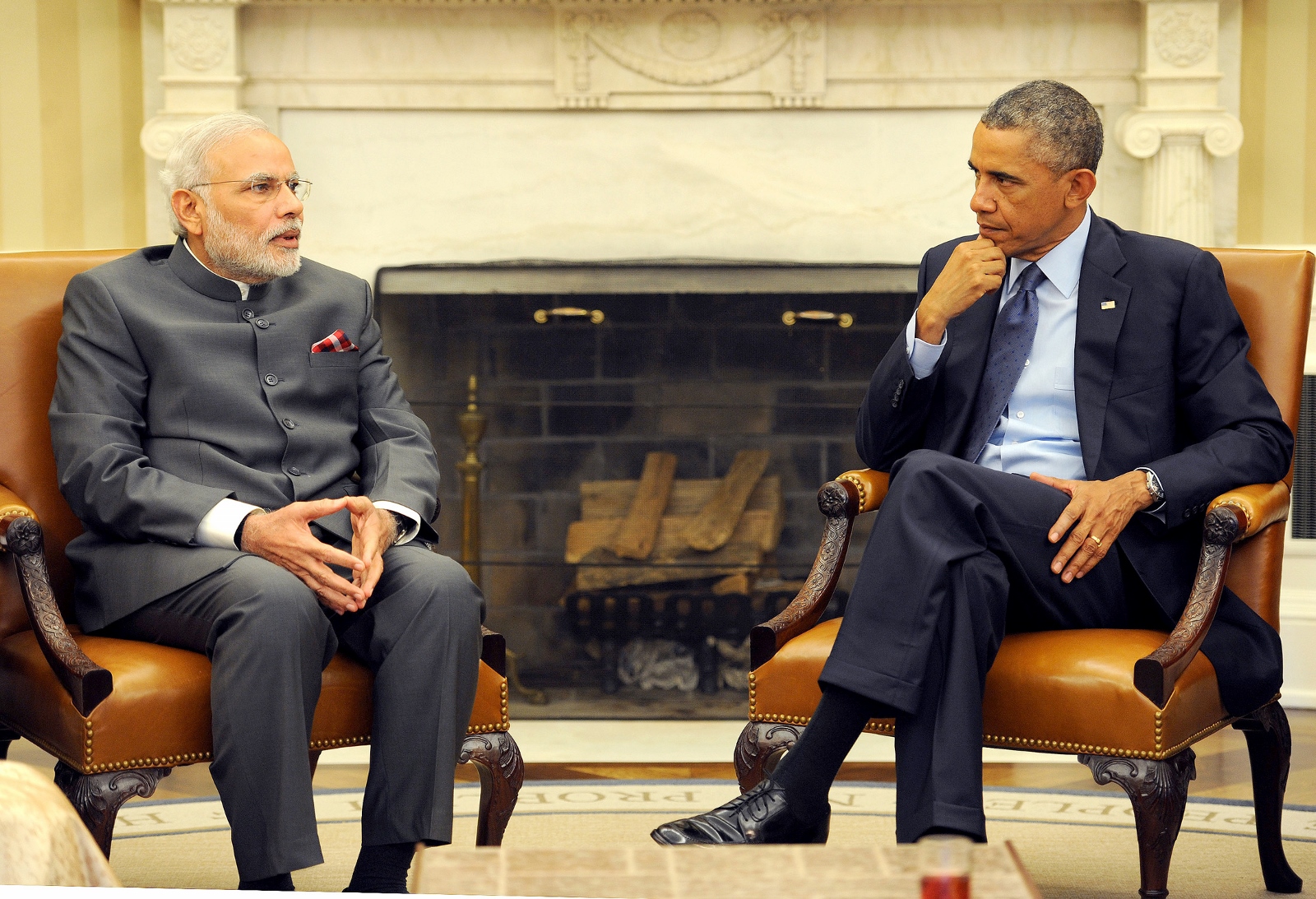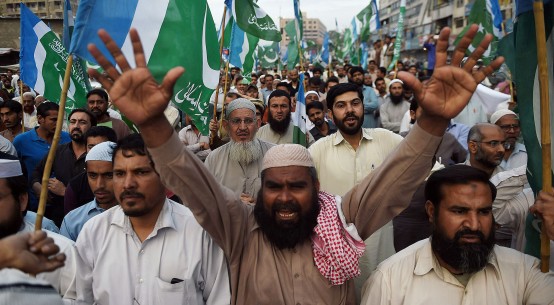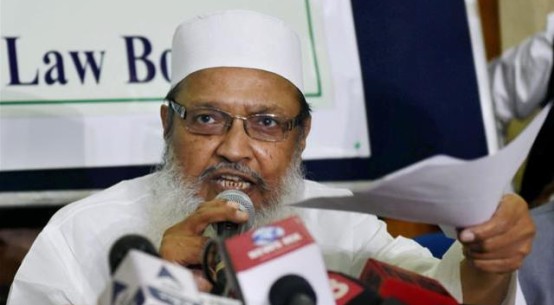
President Obama’s special assistant Peter Lavoy said recently that he empathized with the perception that India should respond militarily to terror attacks. It is not clear if he explicitly backed surgical strikes against Pakistan, as some in India claim he did. But Islamabad got a firm reminder how close India-US ties have become.
Statements by senior functionaries in the Obama administration on India-US relations or India-Pakistan ties tend to elicit a great degree of interest in India. This has assumed some urgency lately as isolating Pakistan internationally has become a key element of the Narendra Modi’s government’s strategy to put an end to cross-border terrorism. That is why the statement by US national security adviser Susan Rice after the September 18 terror attack at Uri was seen in India as very significant. Rice strongly condemned the attack and reiterated that Pakistan should take effective action against terrorist entities like the Lashkar-e-Taiba and Jaish-e-Mohammed.
In similar vein, comments recently by Peter R Lavoy, special assistant to the President and senior director for South Asia at the National Security Council, has generated excitable chatter in India. Answering a question on US’ response after Uri while speaking at the Center for Strategic and International Studies (CSIS), Lavoy made the following comment, which is worth mentioning in full:
“As I noted in my talk, India and US do have a shared interest in countering terrorism and protecting our societies from the scourge of terrorism and working together to diminish the ability of terrorist groups to threaten our countries and other countries throughout the world. You might have noticed, the White House issued a statement after national security adviser ambassador Rice had a discussion with her counterpart with Mr Doval, the Indian national security adviser, in which we condemned this act of cross border terrorism from Pakistan coming across to Indian territory and killing… it is now 19 soldiers… I think at the army base in Uri. It was a horrific attack, we condemned it immediately and you noted in her comments condemning the cross-border threat.…Every country has a right to self-defense, but I also highlight that in a heavy militarized relationship like that of India-Pakistan, a relationship that has experienced at least three…four wars in the past… in frankly where forces along the LoC and the international border are on a hair trigger alert, there really is a need for caution and prudence on both sides. So we do understand the very serious concern and attention by the Indian government to this attack, to this horrific attack, we share [with] India a strong commitment to preventing from future attacks from occurring and are working together and with other parties in the region and internationally to ensure that that’s the case and we do empathize with the Indians’ perception that they need to respond militarily but again I want to highlight our strong interest in seeing caution prevail.”
This is, on face value, an astonishing comment by a senior White House figure, particularly someone like Lavoy, an academic and an experienced hand on India-Pakistan issues who has edited several books including a Cambridge University Press volume on “the causes and consequences of the Kargil Conflict”. It remains to be seen if the White House will, in the days ahead, maintain his line about its empathy with India on the need to respond militarily since Lavoy’s statements can be read both cautiously and as a radical departure from the norm.
The reason this is so is because these were not prepared remarks but were part of an answer to a question that Lavoy was not comfortable answering to begin with — and so it is not easy to discern the thrust of his formulation.
For instance, he said “every country has a right to self-defense” (an incontestable truism) but underlined that “there really is a need for caution and prudence on both sides”. The empathy “with the Indians’ perception” can (merely) indicate that Washington recognizes the public pressure on the Modi government to respond – and even there Lavoy reiterates the US’ “strong interest in seeing caution prevail”.
Many in India will nonetheless read Lavoy’s statement as a straightforward endorsement of surgical strikes in Pakistan. They may well note that throughout his talk, Lavoy chose his words on Pakistan carefully, trying not to offend Islamabad too much while registering outrage over terrorism.
Asked how the US balances ties with the two nations, Lavoy said “We don’t try to balance India and Pakistan, I think probably in previous years, US government have tried to balance these two. That is not the approach of this government. We pursue interests and promote our values with each country around the world independently…”
Lavoy said the Obama administration had spent a lot of time “deepening the expanding array of interests and values we have with India and we wish that were to be case with Pakistan”.
“We work very hard with Pakistan to turn that into a productive, mutually beneficial relationship and I’m sure the next administration will continue these tendencies.”
Lavoy’s articulation is, thus, freighted with reassurance and caution to both countries. With strong condemnation of Uri and the phrasing about India’s anger, Washington has effectively overlooked India’s surgical strikes — but it is also indicating to Delhi that the latter must weigh the costs of escalation. He acknowledged Pakistan’s continuing relevance but by expressing empathy with Indian perceptions he indicates that Washington will no longer let fears of nuclear conflict reflexively condition its response to crisis in South Asia. US’ response will instead be shaped by the particularities of the next terror attack and the justifiability of India’s response.
In some ways, the real “triumph” for India vis-à-vis Pakistan is not divining an endorsement for surgical strikes as many are keen to for domestic political purposes but in reckoning with the nature of Washington’s tilt towards India. Lavoy again reiterated how central India was to US’ strategic thinking as it plans for security challenges in the Asia Pacific, the Indian Ocean and further afield. He said the Obama administration had successfully spearheaded a whole of government engagement with India, with the result that there is now an inter-agency awareness in Washington as to how important India is for a range of issues. Both sides had built up “habits of cooperation”, they discussed every major issue that the world confronted, defense secretary Ashton Carter was in India thrice over the last year, the US had overhauled defense licensing and technology transfer in favor of India so that there is now a presumption of approval rather than denial as the was case earlier. He pointedly drew a contrast with India-US ties with other countries and said “this is the most dynamic relationship we have today”.
If in the coming days, Washington reiterates Lavoy’s views on India’s military response to Uri, it will mean that the Modi government has successfully extracted one more anti-Pakistan posture from Washington, which the latter sees as fair trade given how India is aligning itself with Washington on major strategic issues, particularly on Asian security matters. Equally, the US disagrees with Pakistan on many issues, but it has no interest in pushing Islamabad further into Beijing’s orbit. It remains to be seen how far Washington will go along with India’s policy of isolating Pakistan as there are other geopolitical factors to consider.



